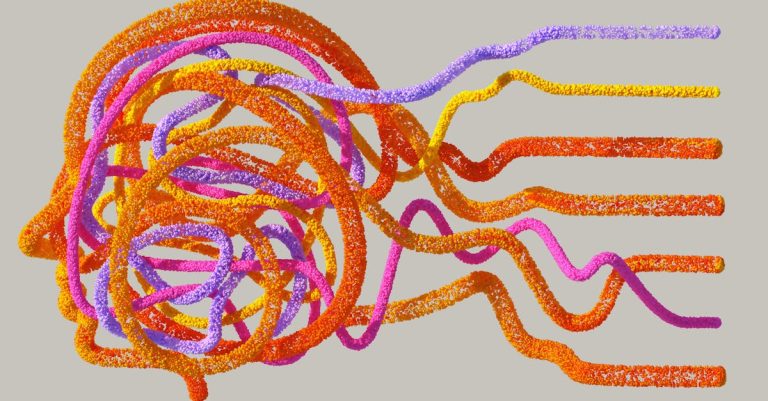Dopamine, often dubbed as the “feel-good” neurotransmitter, plays a pivotal role in our brain’s reward system. Understanding the science of dopamine can illuminate how it impacts productivity, influencing our motivation, focus, and overall performance in various tasks. In this post, we will explore the intricate relationship between dopamine and productivity while also providing insights on how to leverage this knowledge to enhance your daily output.
What is Dopamine?
Dopamine is a type of neurotransmitter—a chemical messenger that transmits signals in the brain and other areas of the body. It is involved in numerous functions, including:
- Regulating movement and coordination
- Controlling emotional responses
- Contributing to cognitive functions such as attention and learning
- Playing a crucial role in the brain’s reward system
When you achieve something or experience pleasure, dopamine levels increase, reinforcing behaviors that lead to rewards. This process is not only essential for our well-being but also for maintaining motivation and focus throughout our daily activities.
Dopamine and Productivity
The relationship between dopamine and productivity is profound. When dopamine is released in response to accomplishments, it enhances our motivation to complete tasks and pursue goals with vigor. Here’s how it affects productivity:
1. Motivation Boost
Dopamine acts as a motivator, pushing you to take on challenges and strive for success. Research indicates that higher dopamine levels correlate with increased motivation and goal-directed behavior. Thus, maintaining optimum dopamine levels can lead to more productive working habits.
2. Enhanced Focus and Attention
Studies suggest that dopamine plays a significant role in attention control. When levels of dopamine are balanced, individuals can concentrate better and are less likely to get distracted. This increased focus directly translates into higher productivity when tackling tasks.
3. Reward-Based Learning
The reward system connected to dopamine means that every time you complete a task, your brain releases dopamine, which reinforces your desire to repeat that behavior. This process strengthens your learning and improves your efficiency over time.
How to Optimize Dopamine Levels for Increased Productivity
Understanding dopamine’s role in productivity opens up avenues for enhancing it through various lifestyle choices and habits. Here are some effective strategies:
- Exercise Regularly: Physical activity is one of the best natural ways to boost dopamine. Regular exercise can lead to increased dopamine receptor density in the brain, enhancing your motivation to work.
- Eat a Balanced Diet: Foods rich in tyrosine, such as lean meats, fish, eggs, and dairy, are essential for dopamine production. Incorporating fruits and vegetables with antioxidants can also protect dopamine-producing neurons.
- Practice Mindfulness and Meditation: Engaging in mindfulness practices can increase dopamine levels, helping you maintain focus and reduce stress. Meditation enhances overall well-being, further supporting productivity.
- Set Small Goals: Break larger tasks into smaller, manageable goals. Each time you achieve one of these goals, you receive a dopamine boost that fuels your motivation to continue.
The Downside: Dopamine Deficiency and Overstimulation
While dopamine is essential for productivity, it’s crucial to maintain balance. Too little dopamine can lead to feelings of apathy or lack of motivation. Conversely, overstimulation through excessive use of technologies, such as social media or gaming, can result in diminished dopamine responses, making it harder to find enjoyment and motivation in daily tasks.
Final Thoughts
The science of dopamine reveals a captivating link between this neurotransmitter and productivity. By understanding how dopamine influences our motivation, focus, and learning, we can implement strategies to maintain healthy dopamine levels. This, in turn, can lead to enhanced productivity and a more fulfilling daily life. Start today by integrating some of the techniques mentioned above and observe the positive impact on your productivity and well-being.








